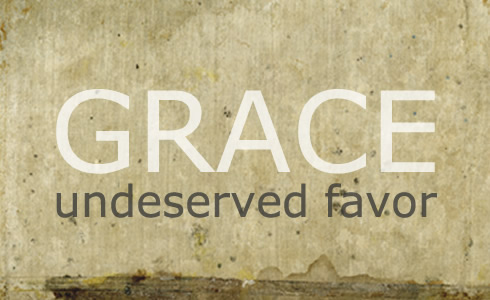‘Tis So Sweet, to Trust in Jesus,
Just to Take Him At His Word….
These are words that I heard this morning, early, as I made the drive from the airport in Atlanta, 90 miles down the road to Warner Robins, for a series of work meetings.
It was pouring rain, with lightning strikes and thunder and water on the roadway. But the weather wasn’t what was creating uneasiness in my mind and soul, as I traveled. In fact, the ride itself was smooth–I had scored a free upgrade to a Jeep Renegrade SUV; I was quite safe as I navigated the traffic and the weather.
But my soul and heart were, and are, maybe still, a bit….uneasy.
I love my job; very much so. And, I don’t really mind the occasional travel that it requires. I enjoy meeting up with my team members in different cities, to do excellent work. They are among some of the finest people, in the industry. Plus, they are just fun to be around.
But the timing of this trip, for my crew, is not good. Some challenging situations that have cropped up in the past 8-10 days, made leaving them so much harder this time.
So when I turned on Pandora, and this old hymn that expresses these sentiments so surely and confidently came on, I found myself thinking of the words.
How could the author of the words–written in 1882–sing this with such unwavering steadfastness? How could she–her name was Louisa M. Stead–how could Mrs. Stead say that trusting Jesus is..sweet? As opposed to using words such as “hard”? And, “unnerving”? And, even, a bit frightening?
I think it is easy to say or sing the words–they are beautiful, indeed. And scriptural. In fact, we often turn to such words, in scripture, when we are in turmoil:
Psalm 28:7:
The Lord is my strength and my shield;
in him my heart trusts, and I am helped;
my heart exults,
and with my song I give thanks to him.
How often have I–and you–and we turned there, for comfort and assurance? And these words, too, found also in the book of Psalms:
Psalm 112:7
He is not afraid of bad news;
his heart is firm, trusting in the Lord.
Saying them, when we are not in the midst of hard things, or even saying them when we are, and are looking for comfort and assurance, is one thing.
But doing them–applying them as verbs to our souls and minds, is quite another. When the “bad news” comes, what does it mean to “Take Him at His Word?” How do we rest upon His promise? Upon the sovereignty that rings through the phrase “Thus Sayeth the Lord?” How do we cease both sinfulness and self-centeredness? How do we sing to God—and mean it–“Just to know that thou art with me”?
And, how do we know that He will be, to the end? And, beyond the end, into eternity?
It’s hard to live the verbs of these phrases, when the bad news comes. It’s hard to do the active clinging to the promises in scripture, as parents, when we see our children hurting, and making wrong choices. It’s hard to–can I say, obey?–the call to trust God, when the diagnosis comes, and our world is spinning.
I don’t know about you, dear reader and friend, but I find the words of this beautiful hymn to be challenging.
The author of the lyrics of this song, knew those tough times. One sunny afternoon, she, her husband, and their 4-year-old daughter decided to picnic off of Long Island Sound. At some point during their time together that day, they heard a boy calling for help, from the water. Mr. Stead entered the water in an attempt to rescue the boy, but they both drowned.
And Louisa Stead found herself alone–a young widow, with a young child to raise.
And it is from that flash-point need to decide where she would turn to, in the frightening days that lay before her, that these words were born out of her soul.
Later in life, Louisa and her daughter would travel to South Africa as missionaries. And, according to Kenneth W. Osbeck, author of 101 More Hymn Stories, Part 2, this is the message she sent back to the United States, upon arriving in what was then known as Rhodesia, but today is known as Zimbabwe:
Simple confidence and trust. Our sufficiency is of God.
But where lies the ability to connect these words with the action of trusting God?
Looking over the hymn tonight, and over scripture, I wonder if it might not lie, in the living of these words:
“How I’ve proved Him, o’er and o’er…”
Has He not been faithful? Has He not been steadfast? Has He not seen? And known? And acted?
Is His love not evident, in the very Gospel itself–that He came to earth to be among us–God in flesh–and then became the sacrifice for our salvation–not because of anything we have done to earn that kind of love, but simply because He loves us.
Has He not been our Lord and Savior, our Father, our shepherd, the holy and righteous one who is sovereign in all things?
He has. He is. Oh, how I have proved Him, o’er and o’er, my friends. So many times. With so many to go, I am certain.
But here is where you–and I–must live our lives, every day–it is where we must return to consistently and continually and always–in the joyful times and in the dark times–we must recognize our need for the last line of the chorus of this beautiful hymn:
O, for grace…to trust Him more!
24 Immediately the father of the child cried out and said, “I believe; help my unbelief!”
O, for grace, to trust Him more.



